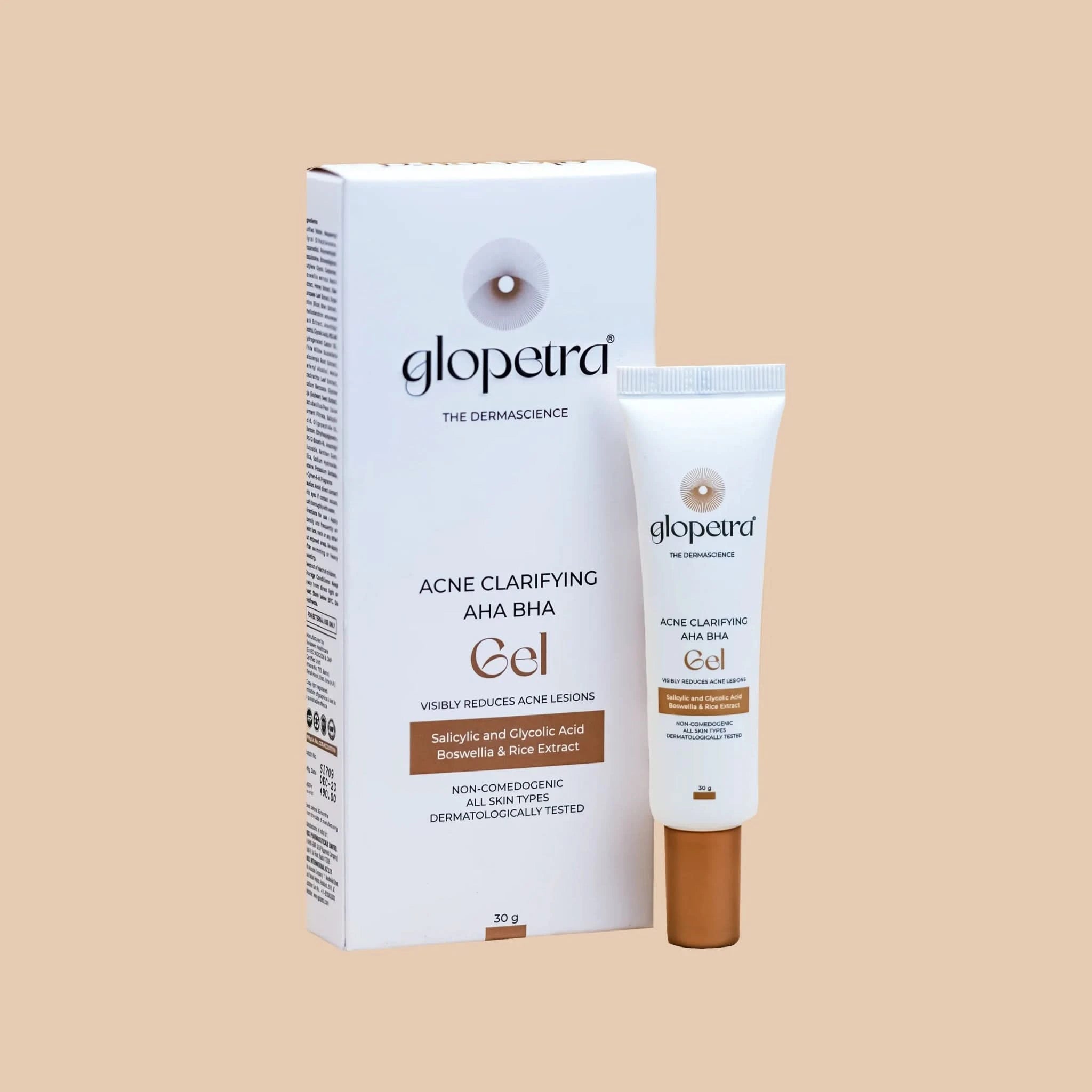
Butylene Glycol vs. Propylene Glycol: Which Is Safer for Sensitive Skin?
When searching for a skincare product, have you encountered an intriguing ingredient name, such as butylene glycol and propylene glycol? But what range of ingredients are these? More to the point, which of them is safer to use in case you have sensitive skin? Through this blog, we will dissect these common types of ingredients used in skincare in a simple and easy-to-understand fashion so as to make informed choices towards the health of your skin.
What Are Butylene Glycol and Propylene Glycol, and Why Should You Care?
A lot of skincare products are dependent on certain ingredients so that they can be humid as well as augment tactile features and assist other constituents to permeate through the skin. Two of these chemicals are butylene glycol and propylene glycol, which have a range of uses (like humectants, solvents, and skin-conditioning agents) due to their ability to help retain skin moisture and enhance awareness, distribution, and spreadability of skin and skin care products.
However, not all skin types will enjoy these ingredients, and sensitive skin in particular can be irritated with redness, irritation, or allergies; thus, it is important to understand the differences between these two glycols before engaging them in your skincare.
Butylene glycol is most commonly recognized as the gentler choice. Benefits include: the skin has formed a bond to retain moisture effectively, and promotes the penetration of the product with little to no adverse reaction. Propylene glycol is effective and safe in general construction or industrial applications, but will cause some to be sensitive to this type of oil (in particular, clients with sensitive or allergy-prone skin.
Glycol (Butylene vs Propylene) vs Sensitive Skin: Which Glycol is Safer?
Butylene glycol tends to be a better option when used on the skin of sensitive individuals because it is less irritant-prone. Butylene glycol formulations are advised by many dermatologists and skincare professionals because they do not readily result in other problems, such as allergic reactions and redness. Propylene glycol has a history of being considered a possible irritant coupled with being an allergen; therefore, it is not suitable for sensitive or reactive skin types.
However, one should keep in mind that both of these ingredients are accepted by the regulatory authority and are safe when correctly utilized by the vast majority of the population. It depends on the skin tolerance of an individual.
Ways to prevent skin irritation with Glycol-Based products.
- Patch test first: Always patch test small spots first and wait for 24-48 hours.
- Keep fragrances out of solution: Fragrances can make some irritations more substantive, especially if on sensitive skin.
- Use a lower glycol concentration product: High concentrations may elevate the chances of irritation.
See a dermatologist, particularly when you have a history of skin allergy.
Conclusion
With all the information in the vast world of skin care, it might be helpful to understand the subtle difference between butylene glycol and propylene glycol for skin health. While they are both very important for donating moisture to the skin, butylene glycol is the gentler option, which can be applied on sensitive skin, and thus poses a relatively lower threat of irritation than propylene glycol. To have good, healthy skin, always watch your skin, patch test, and use products that best suit your unique skin needs.
Frequently Asked Questions on Butylene Glycol and Propylene Glycol
Question 1. What is the difference between propylene glycol and butylene glycol?
Answer: The biggest difference is in the irritation possibility and acceptance on the skin. Butylene glycol is usually gentler and provides additional hydration with the least possibility of irritation. Propylene glycol is a good moisturizer, but it usually has a higher probability of causing an allergic reaction in most people with sensitive skin. Both do similar jobs, but the difference is the acceptance level of the people who use them.
Question 2. Is Butylene glycol absolutely fine for sensitive skin?
Answer: Butylene glycol is usually non-irritating to sensitive skin and very acceptable. Once again, ideal, like every other ingredient, can also cause irritation or sometimes an allergic reaction, but in very few cases. To limit the chances of this happening, you should always patch test before using a new product and follow any skin response to an adverse reaction.
Question 3. How do I recognize if someone is allergic to propylene glycol?
Answer: It has been established that the allergic reactions to propylene glycol are often represented by redness, itchiness, swelling, or irritation at the application site. In rare instances, you could find burning or drying of the skin. You should expect to see those reactions immediately after using a product containing propylene glycol, so you should discontinue use of the product and consult with an appropriate dermatologist.
Question 4. Do butylene glycol and propylene glycol come from nature?
Answer: These are typically synthetic chemicals, made from petroleum; however, there have been advancements in green chemistry, and there are natural resins of butylene glycol that can now be accessed from sugar cane. If you prefer to use natural or plant-derived products, search for product labels to see if there is a reference that the butylene glycol is plant-based or natural.
Question 5. What are the safety precautions for sensitive skin users when dealing with products that contain these glycols?
Answer: Fragrance-free, low glycol concentration products should be used by sensitive skin users, and patch tests should always be performed before routine use. Close attention should be paid by the user to the skin to detect any irritation. In case of constant redness and itching, or other discomfort, you need to refrain from using this product and consult a dermatologist.










